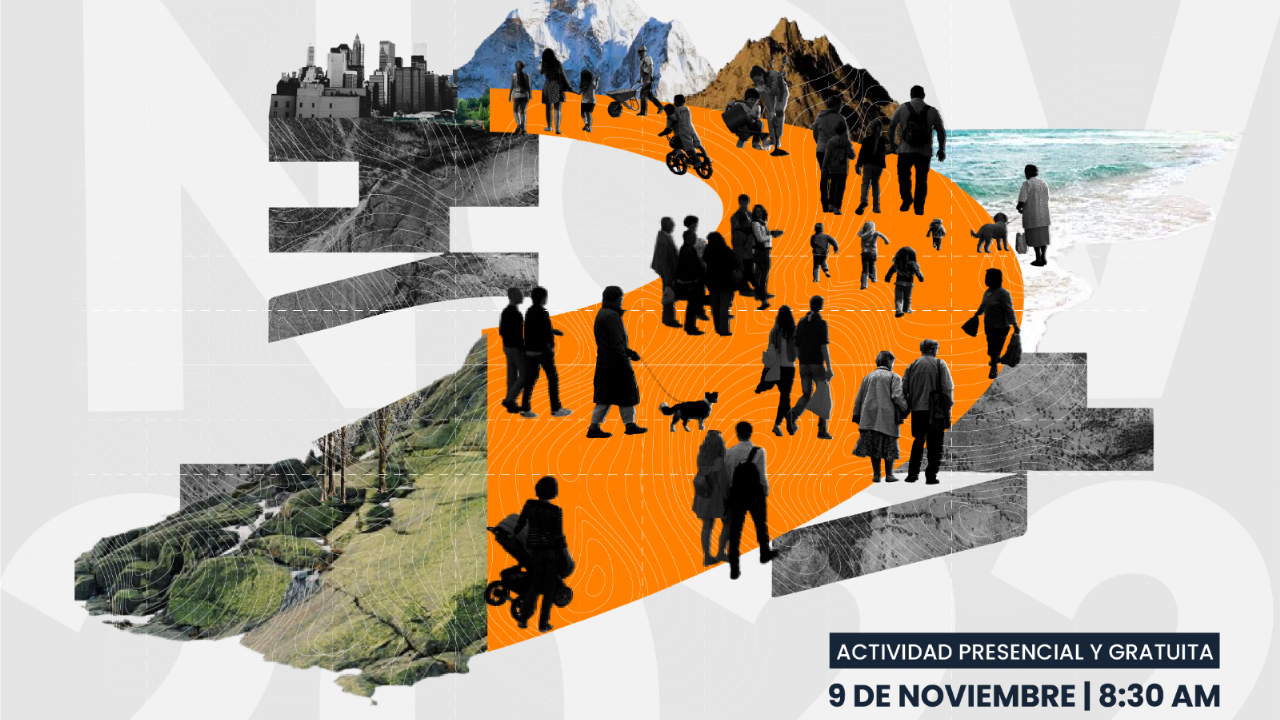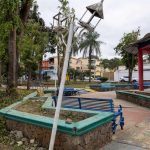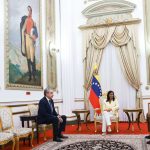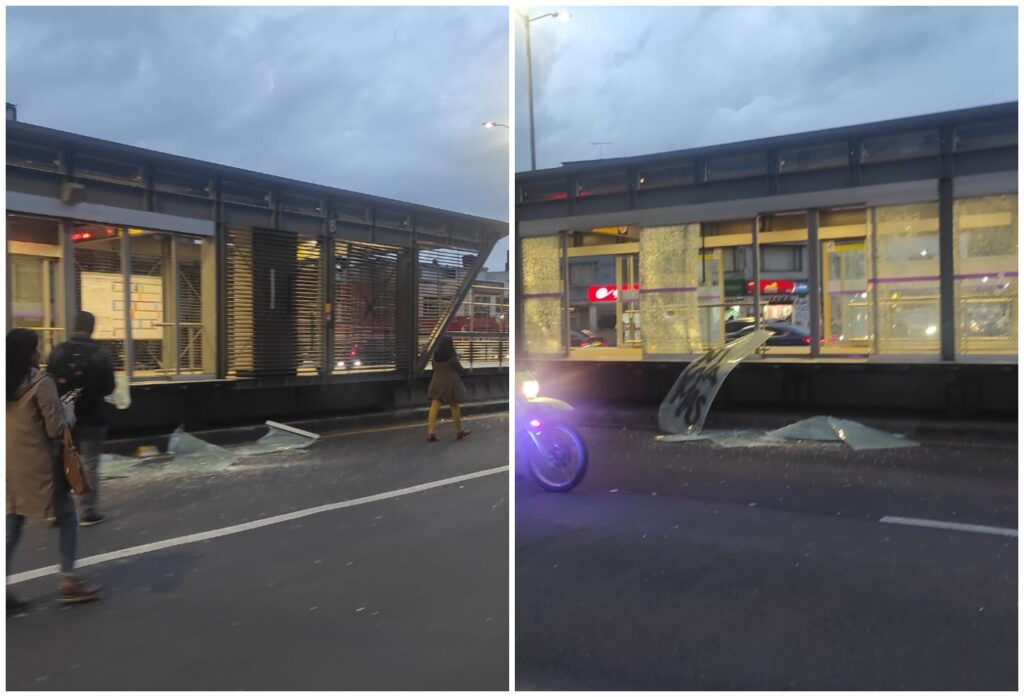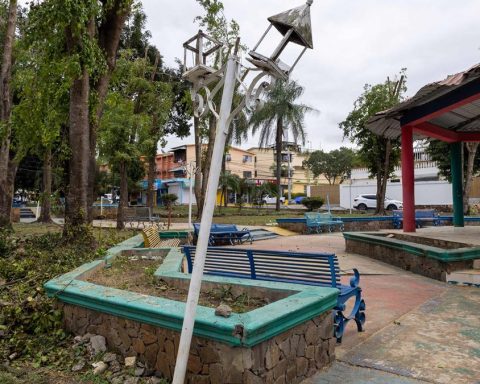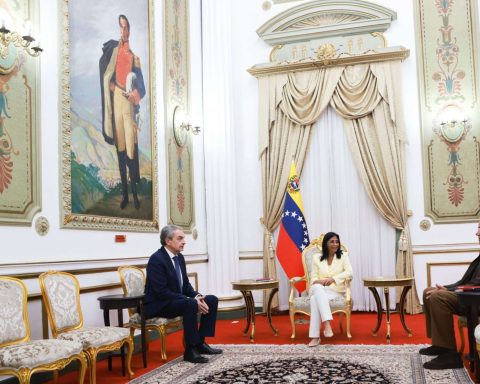In the framework of the tenth anniversary of the Research Center for Integrated Disaster Risk Management, CIGIDENnext Wednesday November 9 will be carried out in person and from the 8:30 a.m.the international seminar “Resilient Development: Science and Public Policies for Disaster Risk Management”.
The event will be held at Central House of the Pontifical Catholic University and commemorates ten years of scientific research work focused on the study of natural hazards and the management of socio-natural disasters. This seminar will have a strong female participation embodied by international level experts, as is the case of the Italian-British researcher Tiziana Rosettawho will be the main speaker of the seminar and will refer to the transcendental role that Research centers have in the development of the resilience of a country.
Professor Rossetto is a seismic engineer and has been recognized worldwide for her contributions to the characterization of the behavior of buildings in the event of natural hazards -such as earthquakes and tsunamis- with a multidisciplinary approach. Through the EPICentre, a research center where she is co-director, she has managed to make this approach the norm, contributing with new methods of experimental simulation of tsunamis and drawing the attention of insurance companies to the importance of modeling tsunamis. risks and threats, especially in a context of advanced climate change.
Citizen Science for Disaster Risk Management
Indeed, “The pattern of behavior of climatic events has been altered due to climate change, intensifying its magnitude and duration and putting our critical systems at risk”warns the principal investigator of CIGIDEN and an academic from the UC School of Engineering, Dr. Alondra Chamorro.
The expert, who was appointed member of the Infrastructure Policy Council (CPI) in June of this year, will refer to the “Resilient Critical Networks” in order to assess the risk and resilience of water networks, road networks, electricity and hospitals. “We have worked with the seismic, volcanic, tsunami and hydro-meteorological threats (floods, alluviums, floods and precipitation), to understand the vulnerability and/or fragility of each network in detail and how they behave in the face of different threats and given their exposure to these”; Explain.
Likewise, Chamorro points out that CIGIDEN has developed risk models that allow quantifying the consequences and impacts in terms of various dimensions such as economic, social and operational, as would be the case of the increase in travel time on a road network, the decrease water supply or patient waiting time in hospitals. “To reduce the risk, we have studied different mitigation measures that allow us to make the systems more robust, remembering that being networks, their effects generate cascading consequences and interdependencies between systems,” he details.
For her part, Dr. Caroline Martinezmain researcher at CIGIDEN, director of the Coastal Observatory and who leads the initiative for a new Coastal Law for Chile, will share her experience around co-building new forms of citizen governance regarding socio-natural disasters and generating public policies that address to the complexity of the territories and from a democratic perspective.
“We articulate central concepts such as communication, information and education, in order to promote the deepening of democracy regarding disaster risk management. For this reason, we understand that the geographical and social diversity that characterizes the territories, instead of being homogenized, must be valued and in conversation with the knowledge that is generated from the academy, in order to establish equal relationships that allow collaboration. in a participatory way in the construction of knowledge related to disaster risk reduction”he assures.
resilient development
Also participating in this seminar will be the Deputy Director of Management and Strategic Development ONEMI, Natalie Silva –recognized for leading the Platform for Disaster Risk Reduction in Chile-, Nina Hormazábal, Director of the Department of UTFSM architecture and CIGIDEN researcher Magdalena Vicuñawho will be in charge of moderating the panel.
The 10th international seminar on CIGIDEN will be freewill have simultaneous translation and to attend you must register in advance at the next form. The activity will also be transmitted through the CIGIDEN Fan Page and his youtube channel.
